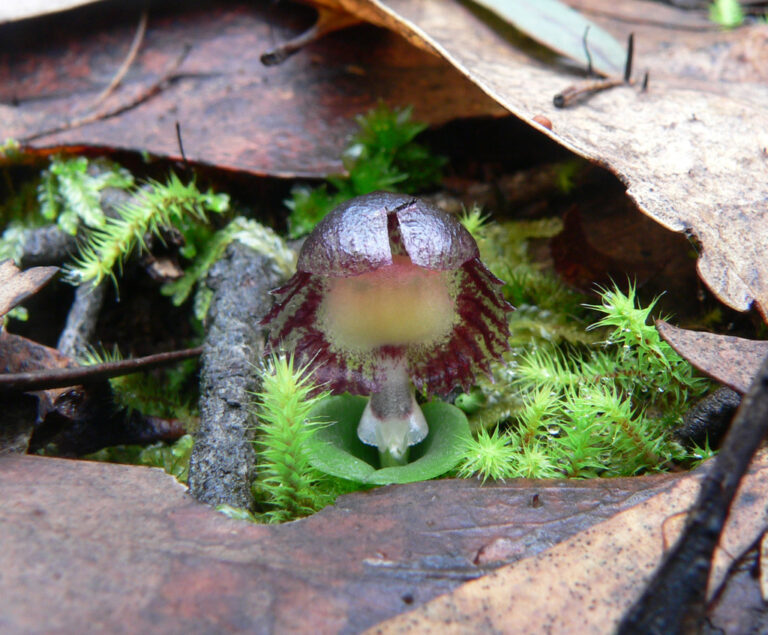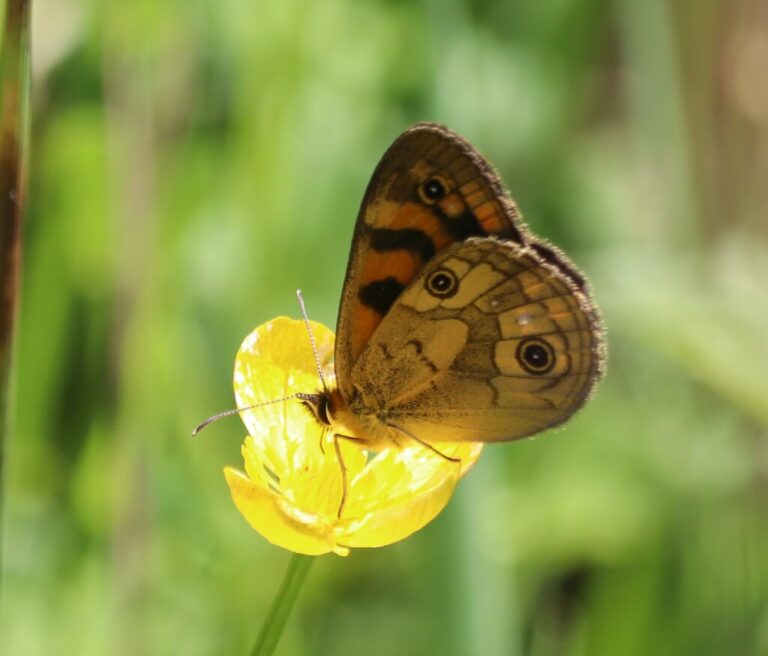Are you passionate about orchids? This is your chance to make a real impact on their protection!

The Department of Energy, Environment and Climate Action (DEECA) is seeking expert input to help shape conservation strategies for Victoria’s threatened orchid species.
With 183 draft action statements available for review, your insights will play a crucial role in refining these broad plans and ensuring these delicate plants continue to thrive for generations to come.
What Are Action Statements?
Action statements are essential conservation roadmaps. Required under the Flora and Fauna Guarantee Act 1988 (FFG Act), they outline the necessary steps to:
- Protect and recover threatened species
- Manage ecological communities
- Address potentially threatening processes
These statements:
- Inform government agencies, environmental organizations, and the community.
- Highlight past conservation efforts.
- Set clear actions to support species recovery.
Now, Victoria’s orchid species need your expertise to fine-tune these plans and make them as effective as possible!
How You Can Help
Step 1: Review the Drafts
Visit the DEECA website to view and download the draft action statements for all 183 threatened orchid species—or focus on those you’re most familiar with.
Step 2: Share Your Expertise
Have valuable insights, data, or feedback? Click the feedback button on the website to contribute your knowledge. Even small refinements can make a big difference!
Why It Matters
Orchids are more than just beautiful flowers—they play a vital role in our ecosystems! By sharing your expertise, you’ll help:
- Protect rare and unique species found nowhere else.
- Enhance biodiversity and ecosystem health.
- Create a lasting conservation legacy for future generations.
Act Now!
The deadline for feedback is 28 February 2025. Don’t miss this opportunity to have your say and help safeguard Victoria’s orchids!
Visit the DEECA website now to review the drafts and share your input!




